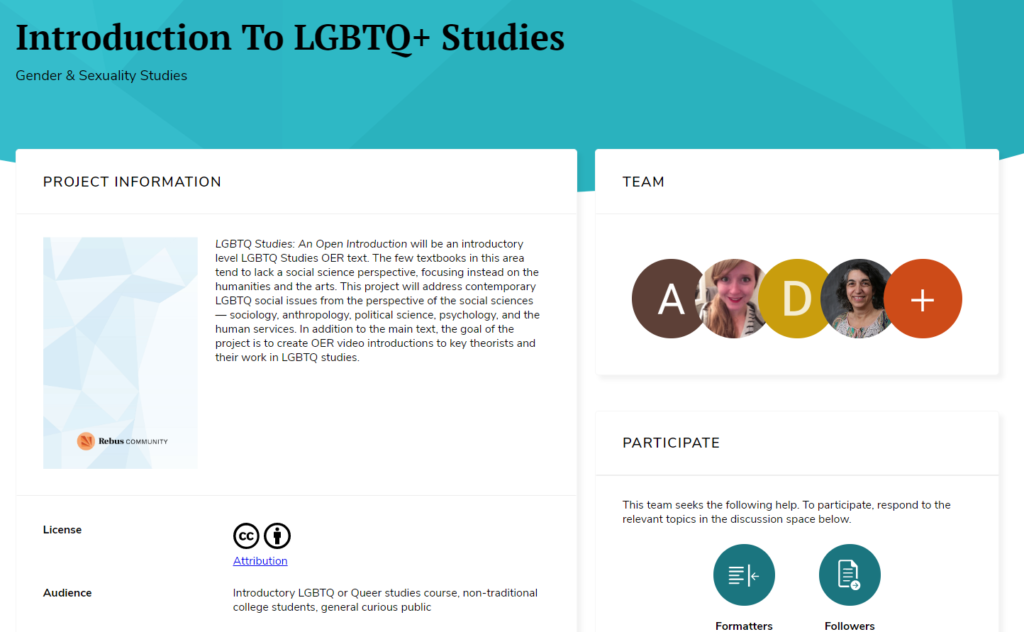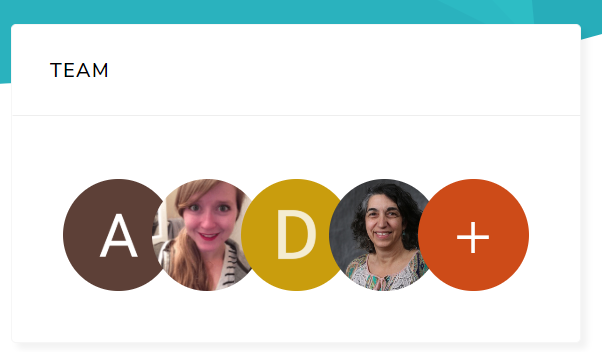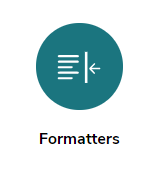This is the fifth in a series of reports filed by Donna Langille, a practicum student who joined us for the spring of 2019. We’ll be releasing each chapter as a blog post weekly. Find the complete text at Rebus Community Reports.

Proudly Publishing
Deborah Amory, Sean Massey, and Allison Brown open up LGBTQ+ discourse
In some parts of the world, sexuality and gender diversity are becoming increasingly recognized, celebrated, and protected, aligning with the importance of individual self-expression and human rights. In other places, however, governments and societies have moved to limit rights, protections, and respect for people who do not identify as heteronormative. Being open about sexual and gender identities is far from a universal liberty.
Introduction to LGBTQ+ Studies: An Open Textbook is therefore a timely and valuable addition to the literature. Both open and accessible, it contributes critical academic perspectives, and it also might make a difference in those places where discourse and openness are limited. As the project rolls along, numerous authors and editors have joined the team. Beyond just having the extra hands to bring the textbook to release, this also means a wide variety of voices are addressing the book’s key themes. And if there’s anything that needs a diversity of perspectives, it’s the issue of human sexual and gender diversity.
The project is being led by Deborah Amory (SUNY Empire State College) and co-editor Sean Massey (Binghamton University). Allison Brown, the digital publishing services manager at SUNY Geneseo, serves as project manager. The team received SUNY OER Creation Funding for the project, and the textbook will be published in collaboration with SUNY Press.

Beyond this very solid core, there are also many volunteer participants involved, supported by the resources, tools, and reach of the Rebus Community. Gratifyingly, within two days of posting the call for contributors, nearly 30 people were in contact with Deb and Sean, offering their interest and skills to the project. In so many ways, it exemplifies the shift Rebus is bringing to the meaning of “publisher”—that is, from a distinct company to a diffuse community.
This progressive group includes extensive engagement with learners as well. Deb and Sean have asked their students to develop short media clips about concepts that should be included in the textbook. Adding these voices—through the familiar tool of video and audio—ensures that the content will be grounded in lived experience, and therefore relevant to eventual readers. Deb will also test out parts of the textbook in her online LGBTQ+ studies course, gathering feedback from an even wider cross-section of students. Deb and Sean will then incorporate the in-class experience of using the textbook into the version that is eventually released.

Students are also helping Allison format the book and make sure that it meets accessibility requirements. These positions are paid work-study opportunities and allow students to gain experience using Pressbooks. In addition to gaining close contact with the textbook’s themes, they learn basic HTML skills, a range of web-related tools, and the range of organizational abilities that multi-person projects require.
For her part, Allison’s experience as project manager has proven different from previous publishing ventures. Working with Rebus, and having access to the documentation that the platform and people provide, has broadened her sense of how textbooks can be created. This has added momentum to the larger conversations she has been having about OER, and enables Allison to support more creation projects at SUNY.
After they received funding, the team shared the call for participation through a number of channels: SUNY, CUNY, Library Publishing Forum, SPARC, Creative Commons, and the Rebus Community newsletter. They weren’t only looking for authors, but more broadly for anyone who wanted to get involved. This gave people the option to take on a variety of roles. A particularly large response came from librarians who were interested in supporting the project with references and additional resources. As a result, there is now a chapter dedicated to finding LGBTQ+ resources, authored by Rachel Wexelbaum (an associate professor and collection management librarian at St. Cloud State University) and Gesina Phillips (a digital scholarship librarian at the University of Pittsburgh).
Although the upside of having received funding is that editorial labor can be compensated, the downside is deciding how much of that money to allocate to each person. With so many contributors, it means a lot of math, plus mountains of paperwork.
One of the challenges with writing any textbook that deals with a rapidly evolving topic is continued relevancy. As our collective understandings of LGBTQ+ issues and stories evolve, an open textbook about LGBTQ+ issues must be revised and updated. This is particularly important for students who identify as queer, non-binary, trans, gender fluid, and non-hetero: learning is more meaningful when a textbook reflects the subtleties that they themselves live on a daily basis. Moreover, because digital publishing allows for a variety of media formats, the textbook can also engage students through its interactive nature—something that print books cannot do.
To help students connect to the more theoretical aspects of the book, the authors are incorporating profiles of activist organizations into each section. These profiles address scenarios from day-to-day LGBTQ+ experiences, which helps students imagine what individual people encounter in their own lives. The textbook also includes profiles of each of the writers, allowing students to put faces to the content creators.
Again, the advantages of electronic publishing also raise a set of questions. Once a textbook is created using a given platform and set of standards, what guarantees are in place for the resource to be maintained and supported? Will there always be a website to host and serve them? As technology innovations are developed, and legacy systems are eventually replaced, who will think about data storage and transfer? Deb recalls one particular case, in which a website on teaching Swahili was created with a student. Sadly, the university changed servers and the site was never seen again.
Despite and perhaps because of the new issues that open publishing and web-based platforms implicate, the team has high hopes for what Introduction to LGBTQ+ Studies will accomplish: a sense of community, a conversation about supporting students, and an open understanding of what it means to be part of a diverse spectrum of identity, sexuality, and gender.
Textbooks like this one change people’s perspectives just by existing. In many parts of the world, it is illegal to be gay. By making this resource openly and freely available, individuals around the world will have access to information that will change their lives. Lesbian and gay people in the U.S. used to furtively explore a library in the hopes of finding information about what it meant to be gay and lesbian. Today many people explore the internet with the same questions. This textbook will provide critically important information to many people—professors, students, and members of the general public. This is where OER leaps beyond the issue of saving students money—this is also about saving people’s lives, by helping to change discourse at a global level.

Images from the new Rebus Community project homepage have been included in this post. To view the complete project homepage for Introduction to LGBTQ+ Studies visit Rebus.Community. Create a project homepage for your open textbook in development by going to Rebus.Community and clicking “Create a Project.”
